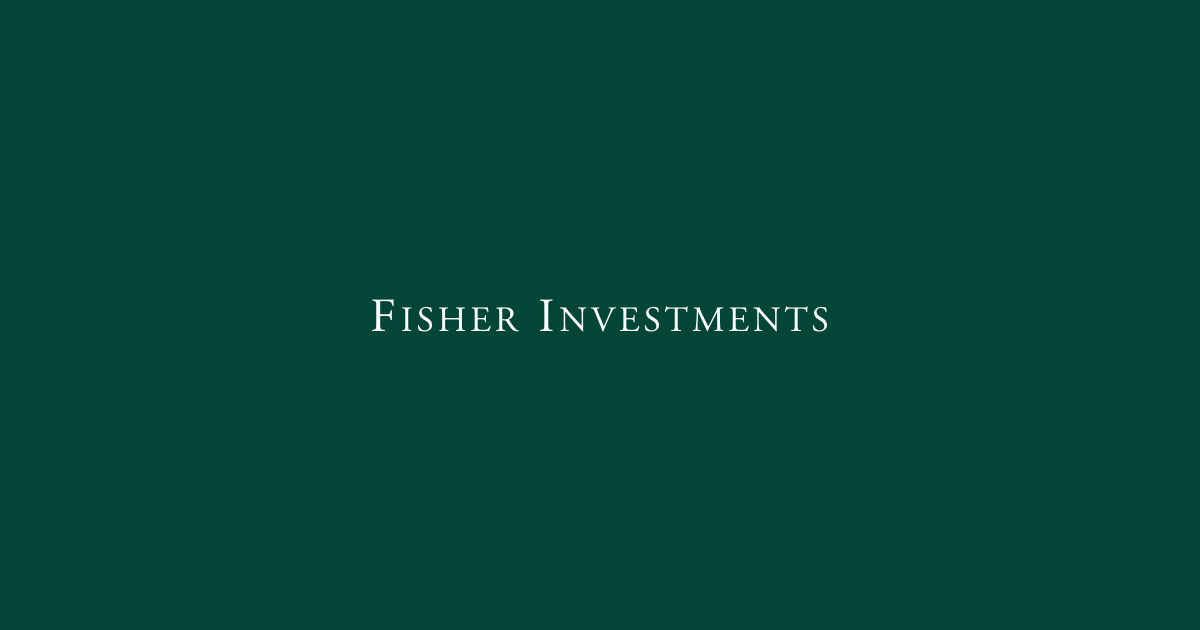I agree with most of the others--DON'T SELL ANYTHING in your portfolio during times like these. This is the absolute worst time to sell; if the market drops further after you've sold, it won't make a damn bit of difference to you because you've already locked in your losses. The only "advantage" you'd have is capitol "gains" tax losses.
I disremember the exact numbers in "events over the years"; (but the majority [and by 'majority', I mean like 95%] of advisers will tell you not to sell because) if you were out of the market for the 15 days when the DOW gained 800+ (on those single specific days) in the last 10 years, you would have missed out on ~40% of the last 10 years' uphill march. (the numbers I can't remember is "15 / 10"... it might have been 12 days over 8 years, 20 over 15...) That is to say, all you need to do to crush a portfolio is hit-and-miss your buy and sell dates by "15" days, and theoretically your portfolio would look like it did in year 'ONE', instead of having the ~40% gains it could have in year Ten.
If you can afford it, now's the time to pour more into your investments even if the market's falling--the principle of "dollar cost averaging" will mean that all the investments you make during the dip you buy into will reduce your stock/bond/mutual purchase price and show bigger profits when the market turns around.
If I can assume that your retirement is ~10 years away--so long as the US economy recovers enough to keep Wall Street viable--your portfolio should look just fine by the time you retire. Remember that WS "investments" aren't an indicator of the strength of the economy--they're a monetary reflection of our willingness to gamble on the anticipation of the economy's strength/weakness. A matter of semantics maybe, but WS is not an great indicator of the economy. For that you consult the GDP, PPI, CPI, GND, etc.
The only reason I'd condone "selling" is if you were to convert your 401k into a Roth IRA. There are some excellent articles (Google the subject) about long-term tax avoidance concerning the expectation of higher future taxes and their impact on 401k funds (which would be exempted permanently from paying taxes if one withdrew ["sold"] 401k money and converted it into RothIRA money--but that would require paying the tax on the 401k now--and that 401k withdrawal would put you into a higher tax bracket, so that's also something to consider [along with your current tax bracket]). RothIRAs are much better tax-avoidance vehicles, they're just harder to start because most employers don't offer them, and most won't contribute/match--at least to my knowledge--I've been retired for 15 years, so what do I know.
Lastly... if you can afford it after this recovery, try and keep 15-20% of the gross portfolio "socked away" in fixed-income vehicles that pay interest or dividends and are strong against market dips-- municipal bonds, CDs, etc. This bunch of money isn't meant for spending, it's meant for holding and waiting for the next market crash. Statistically, the market drops badly every 2-4 years... the DOW & NASDAQ usually suffer 10-20% losses with "about" that regularity. The goal is to keep this stash aside and wait for the crash to invest it; take out 20% again when it peaks, and hold that 20% as the next 'stash'. This separate money group is completely separate from your 50/50, 70/30, 60/40 "stock/bond" distribution in your portfolio. For example, my portfolio is currently split this way: 20% fixed-income "just waiting" to buy the dip, 60% fixed-income, and 20% stocks. I converted to this position last August 2021 from a 60% fixed-income/40% stocks position because I didn't like the political chances. I missed some of the high, but as said before, you can't time it out; take your gains and don't look back.
No offense intended; I didn't mean to sound condescending if you understood these ideas already.



:max_bytes(150000):strip_icc()/Pros-and-cons-indexed-universal-life-insurance_final-1b83c0fd52154eb69edd47f99ab8927a.png)



